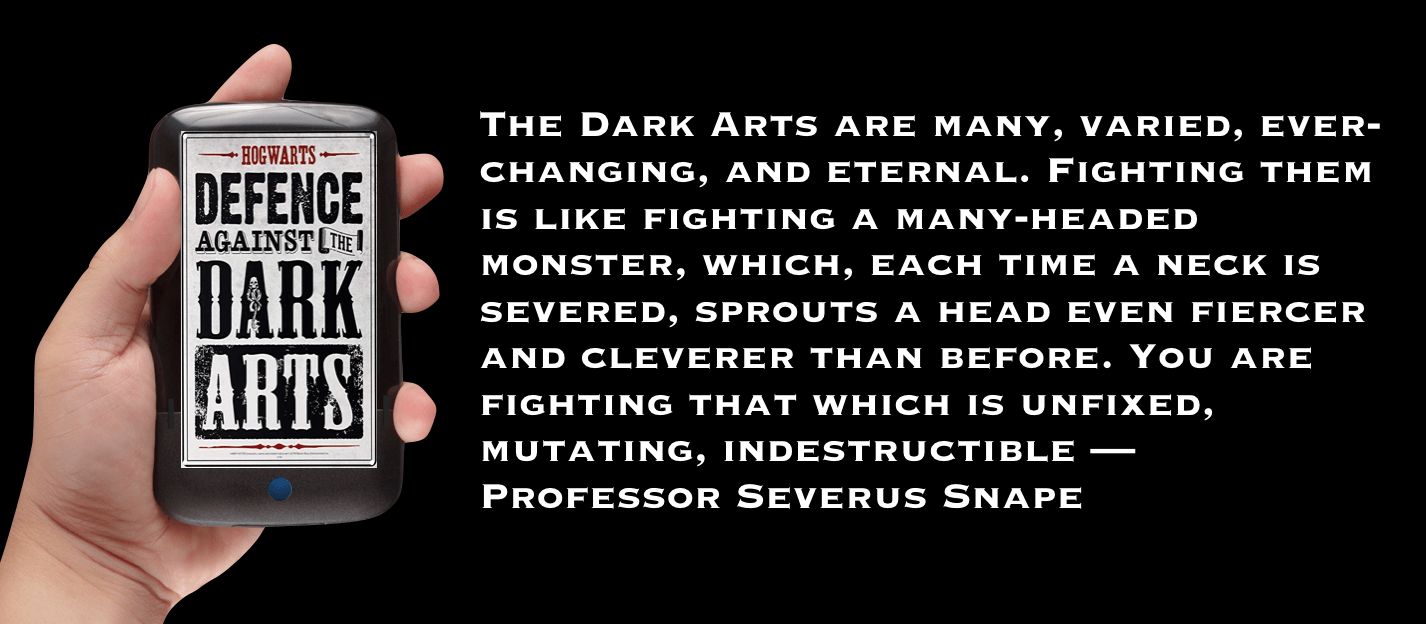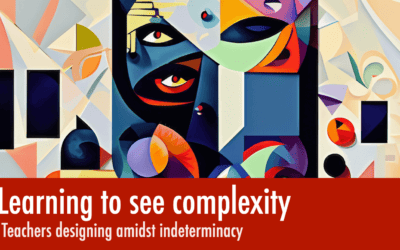A NYTimes story about Spore, the new game / toy designed by Will Wright (Playing God, the Home Game) speaks about its connection to evolution. As the article says,
Mr. Wright and his publishers at Electronic Arts deserve all the credit they have received from some scientists merely for making a game about evolution (though it will be fascinating to see how the game fares among people who do not believe evolution is real).
This raises the interesting question as to whether this game can be used to actually teach evolutionary theory.
However, I am not sure just how much the game truly represents evolution as biologists think about it.
At a fundamental level the biggest stumbling block in learning about evolution is not the process – Darwin’s insight of random variation and selective retention is quite easy to understand cognitively. The challenge and difficulty that people face is in truly grasping the non-teleological nature of this process – the fact that it is not driven by a goal.
Spore on the other hand is driven by the choices made by the player. And it is here that it differs fundamentally from Darwinian evolution. I am reminded of a software program, Biomorphs, developed by evolution guru Richard Dawkins (that he included in his book The Blind Watchmaker). [Online versions of this game can be found here.] Even though Dawkins saw this game as an example of how initial conditions and randomness can lead to very different designs of two-dimensional creatures, critics of evolution argued that since the the user decided which shape would be the “seed” and which shape they would like this process to “lead to,” this software program actually made a case for Intelligent Design!
The same criticism can be labeled at Spore as well. And interestingly enough, Will Wright is the first to agree with this. In a previous NYTimes article (The Long Zoom) he said
I’ve had a few people ask me if I think Spore will help teach evolution, and the ironic thing is that, if anything, we’re teaching intelligent design.
In a series of previous postings I had raised the question of how does a technology become an educational technology (see here and here). It seems to me that a game such as Spore (or Dawkin’s creatures) needs the presence of an educated “other” (a teacher, a mentor, a parent, an expert) to highlight what parts match with evolutionary theory and which parts are fanciful creations of the game designers.





0 Comments